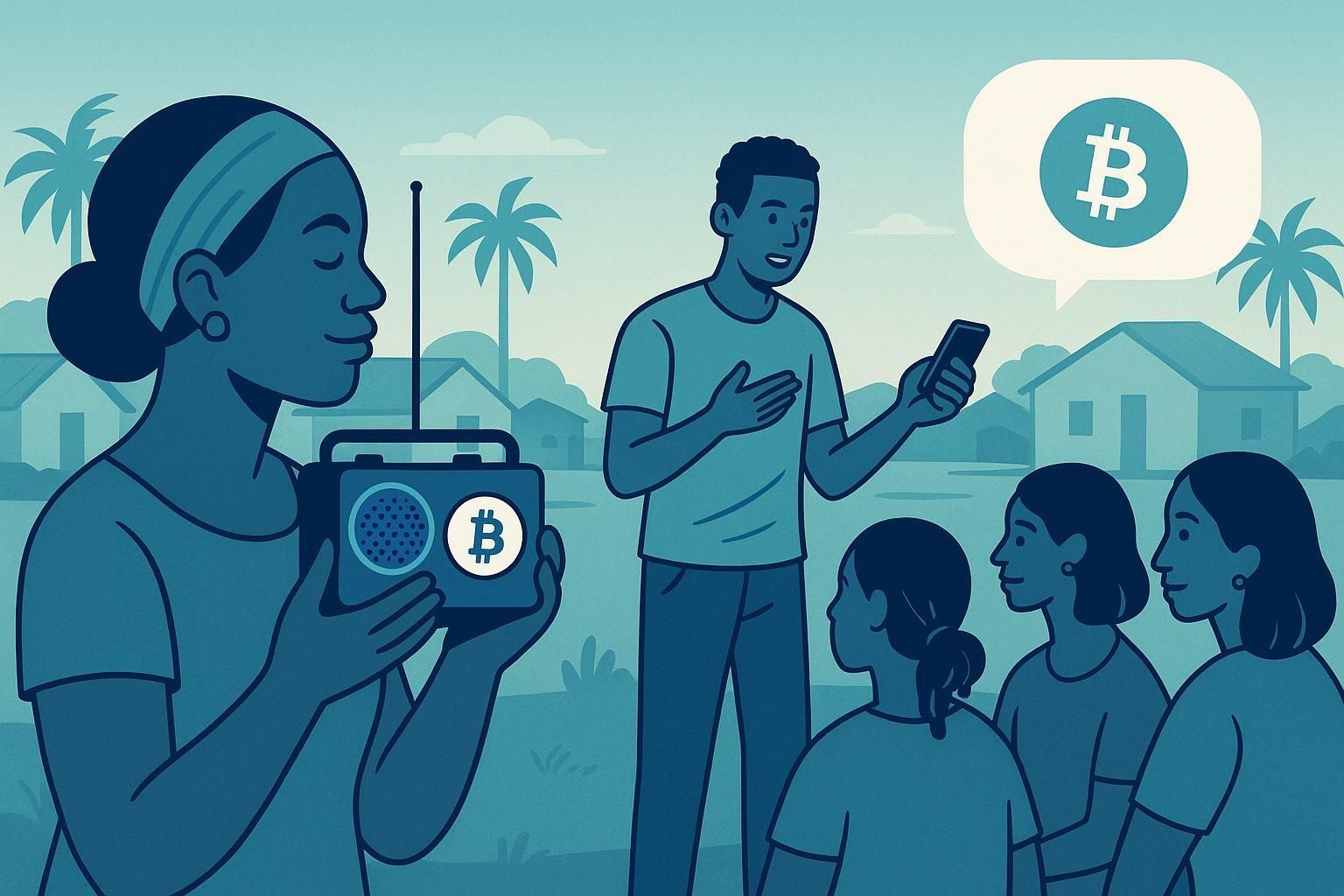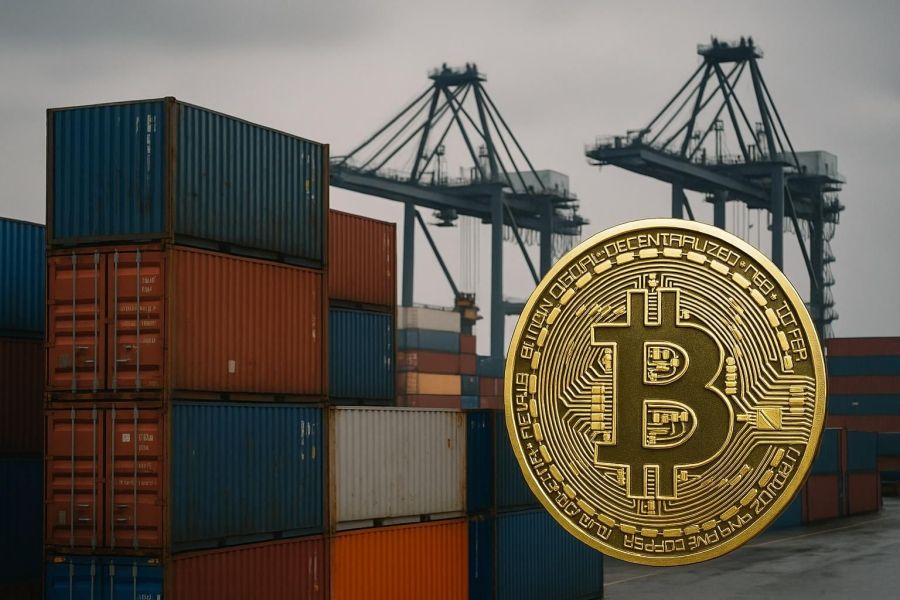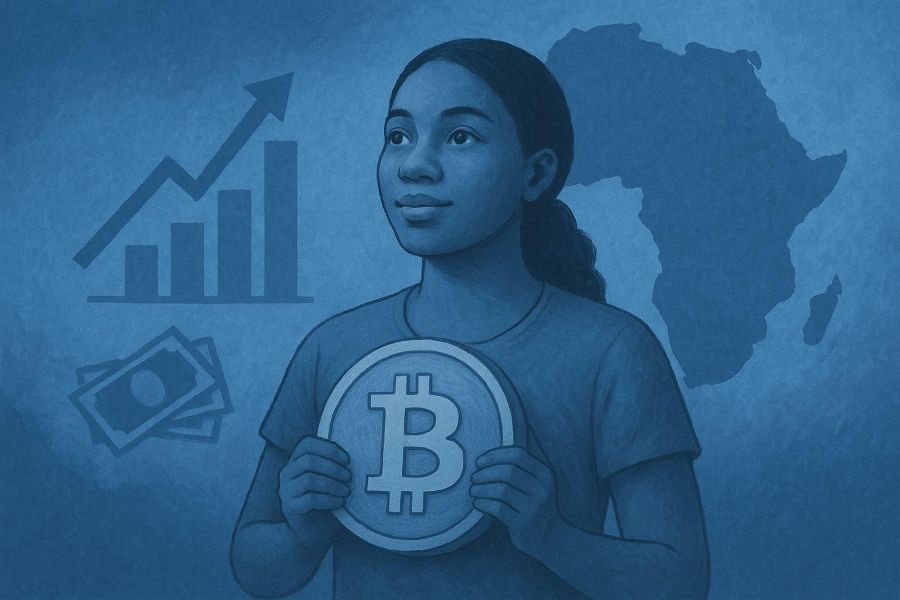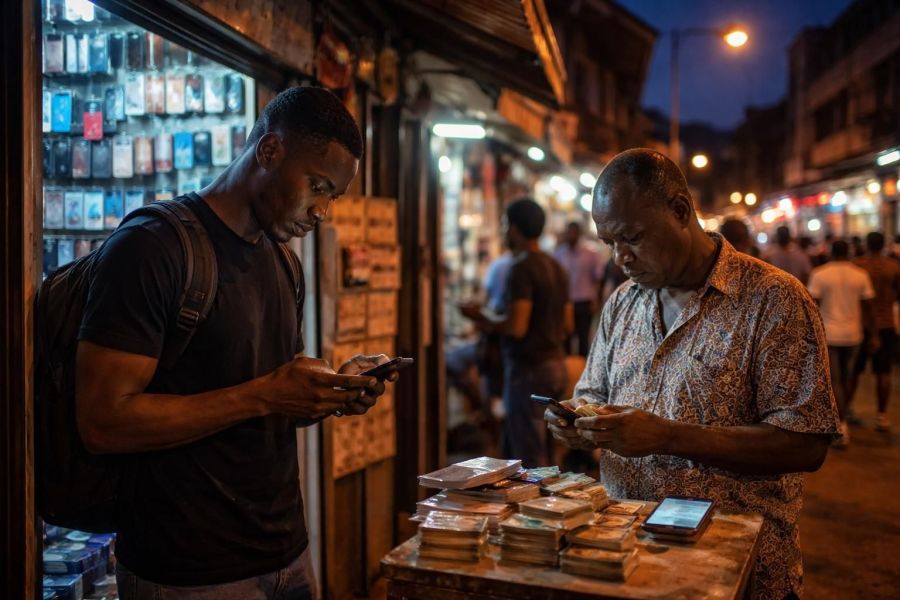
Across Africa, grassroots education initiatives are helping people understand Bitcoin — not as speculation, but as a practical tool for saving, spending, and regaining financial control. From South African townships to WhatsApp groups in East Africa, the focus is on simple, hands-on learning that fits daily life.
One of the most visible projects is Bitcoin Ekasi, based in a township near Mossel Bay, South Africa. The initiative combines economic inclusion and Bitcoin education by paying locals in BTC and encouraging nearby businesses to accept it. Children, shopkeepers, and surf coaches are learning how to use Bitcoin wallets, send Lightning payments, and understand concepts like self-custody.
This isn’t an isolated case. Projects like Bitcoin Dada focus on onboarding African women through tailored education programs, empowering them to take control of their finances in male-dominated systems. By offering practical training and financial literacy in local contexts, these initiatives are helping people understand not just how Bitcoin works — but why it matters.
Education doesn’t stop at formal programs. In places with limited internet, information spreads via WhatsApp groups, community radio, and public meetups. Simple voice notes, infographics, and trusted peer networks help explain key topics like private keys, how to avoid scams, and how to use Bitcoin safely without centralized exchanges.
This everyday Bitcoin literacy is critical to long-term adoption on the continent — and it’s already reshaping how people think about money.
Sources:
– Bitcoin Ekasi – Official Site
– Coindesk – Bitcoin Ekasi Is Building a BTC Economy
– Bitcoin Dada










